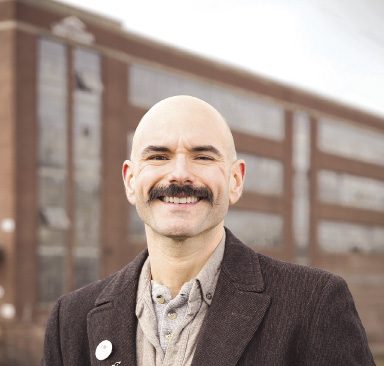In a quiet Worcester neighborhood of modest colonials and capes, an elderly homeowner decides to sell their home. Neighbors expect a young family to move in.

Instead, the property sits empty. Months later, a notice appears: A real estate speculator has filed for a variance to build an out-of-scale McMansion. Neighbors object, attend the Zoning Board of Appeals hearing, and watch as the project is approved with little debate.
This isn’t hypothetical. It recently played out in District 1, and it’s a clear sign Worcester’s zoning system is broken.
Worcester desperately needs more housing to meet demand and ease our affordability crisis. Yet our system of exclusionary zoning, rules strictly limiting what can be built and where, is working against us.
The current zoning supposedly protects neighborhood character, but in practice, it constrains supply, reinforces segregation, and allows speculators to benefit from Worcester’s growth. Instead of consistent, thoughtful growth, we get a steady stream of one-off ZBA exceptions, eroding resident trust in our zoning rules and raising costs.
The answer isn’t a system of endless variances. It’s comprehensive zoning reform. Ending exclusionary zoning would replace outdated restrictions with clear, predictable rules supporting the housing Worcester actually needs.
This means legalizing and encouraging missing middle housing: duplexes, triple-deckers, and small multifamily buildings to complement Worcester’s historic neighborhoods. These homes expand options and lower barriers to ownership for families, young professionals, and seniors.
Cities like Somerville offer form-based code, with guidelines on what new construction should look like, while others like Tulsa and Buffalo offer pre-approved, shovel-ready designs. These concepts reduce ambiguity and ease the burden on developers.
This isn’t about unchecked development. It’s about growth that is sustainable, inclusive, and aligned with our long-term needs. Housing isn’t just a social challenge; it’s an economic one. Employers can’t attract or retain workers if they can’t afford to live here. Rising costs suppress entrepreneurship and discourage investment. Worcester’s growth potential will stall if the city fails to provide housing at the scale and price its residents and workforce need.
Worcester’s outdated zoning is no longer serving us. Reform is essential to:
1) Expand housing supply and affordability
2) Provide a fairer, more predictable development process
3) Support the city’s competitiveness and economic growth.
The question isn’t whether Worcester will grow. It’s whether it will be speculative and chaotic, or fair, sustainable, and built together. Worcester should grow in a way to benefits the residents we have, not just speculators and would-be residents.
Keith Linhares is a candidate for District 1 of the Worcester City Council.

